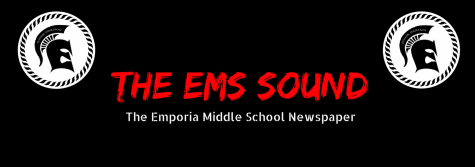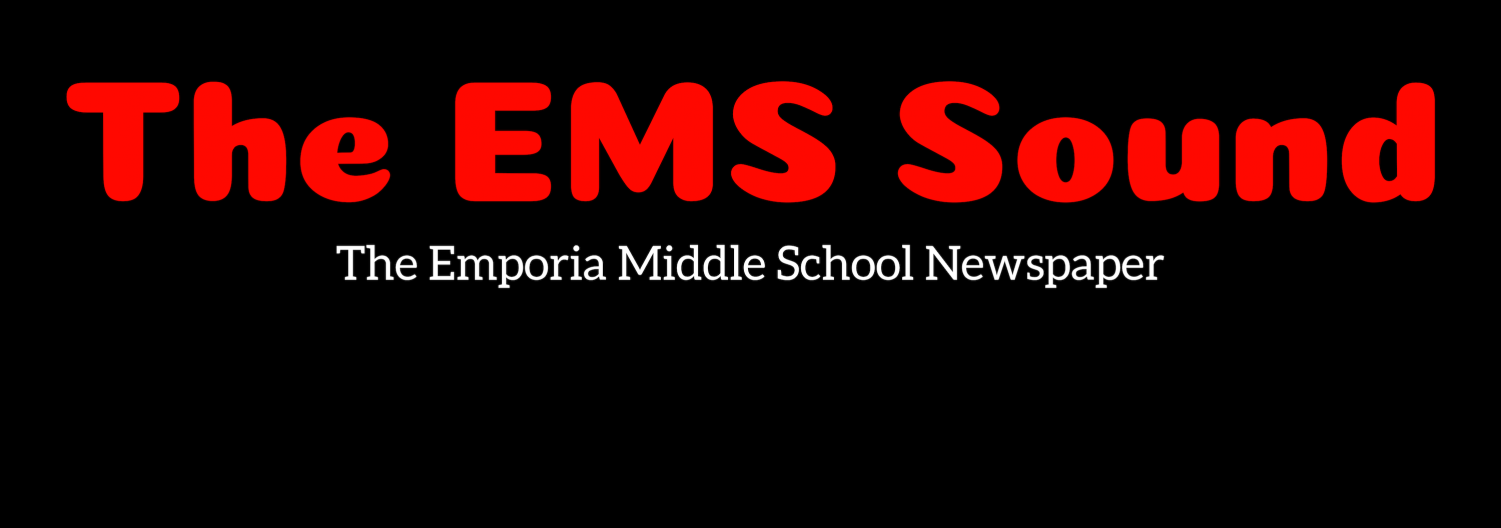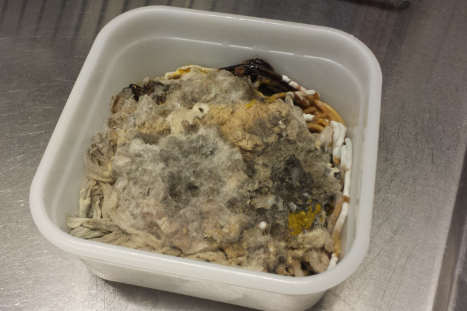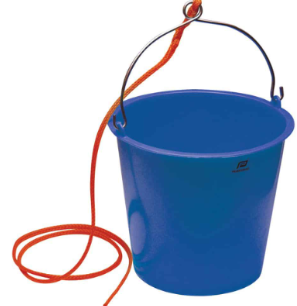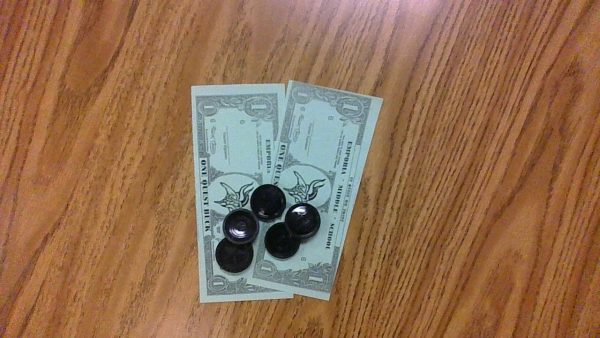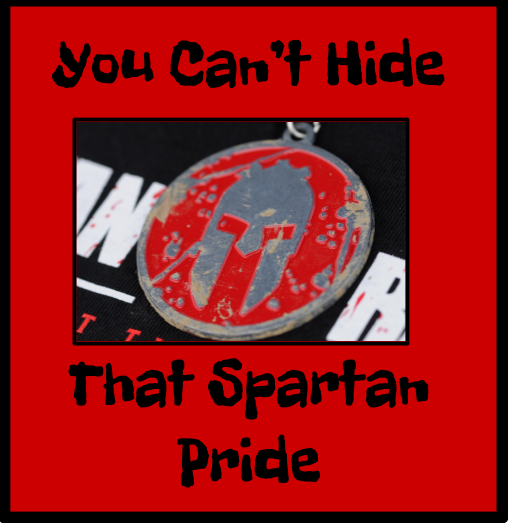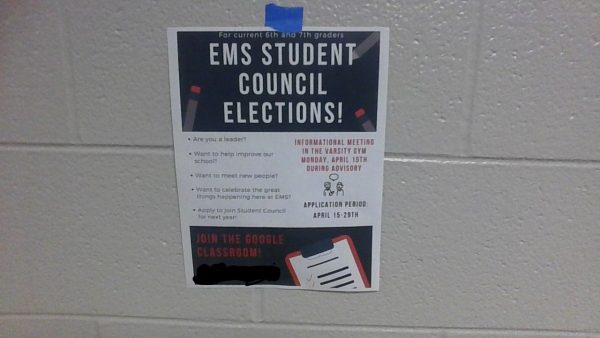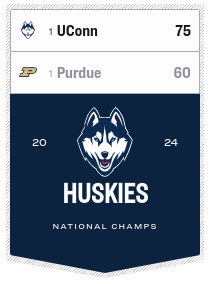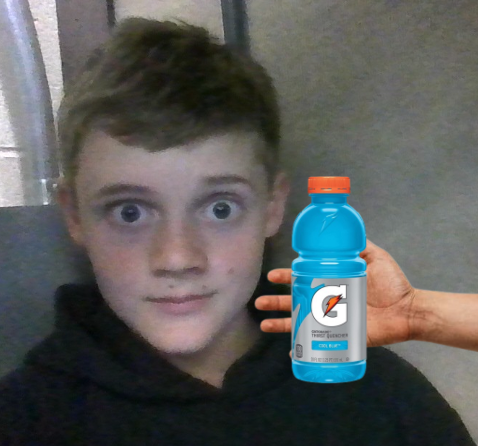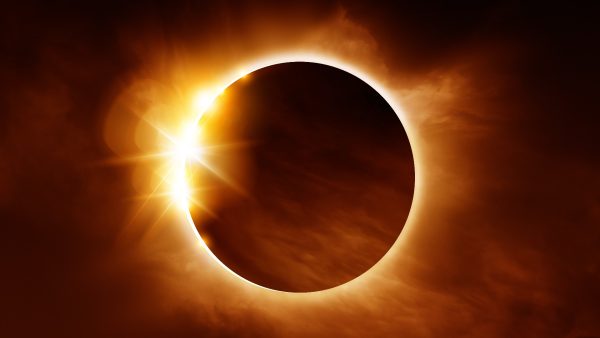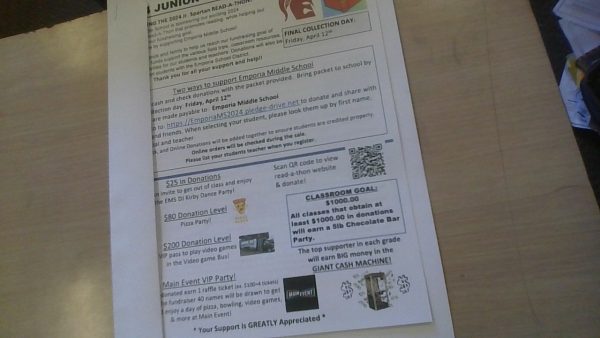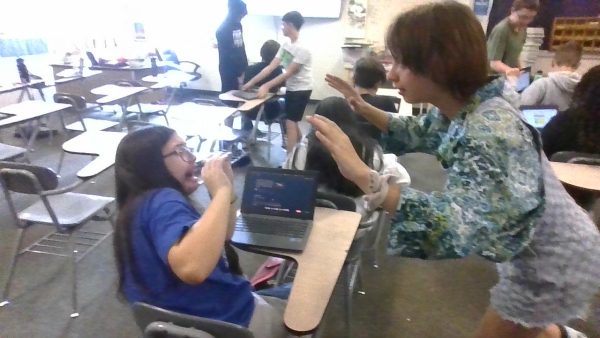Throw a Beat Into our Community: Whimsical Poetry
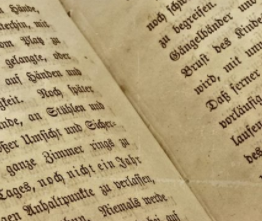
April 17, 2018
“There are only two days in the year that nothing can be done. One is called yesterday and the other is called tomorrow, so today is the right day to love, believe, do and mostly live” (Dalai Lama/link to other books about him). That quote may have made you feel confused or not understand completely, and that’s because it’s poetry! April is national poetry month, and this story is all about poetry.
The simple definition of poetry is, “the expression of feelings and ideas by the distinctive style and rhythm” through writing. In middle school, when a teacher says we’re going to be learning poetry, everyone huffs with irritation. Even though it may seem difficult, poetry lets emotions out rather than telling people straight forward. Usually, poems don’t go straight out and say, for example, take harder tasks, the outcome with be worth it. Instead it would say take “The Road Less Taken”. Poems consist of verses (one line), stanzas (one paragraph or one group of verses), and rhyme schemes (how the lines rhyme). Poems also use a lot of figurative language. That’s what can make poetry hard to understand. Some different types of poetry are limerick, elegy, free verse, sonnet, and much more. Limerick is a short fun and whimsical that tells a silly story. Elegy is a poem that expresses sadness. Most of the time the sadness is caused by a death of someone close. Free verse is a poem that doesn’t follow a rhyme scheme and uses a lot of alliteration. Sonnet is said to be the hardest poem to write. Sonnet uses Shakespeare, in the poem there’s 14 lines with 10 syllables each. For more definitions of poems check out Your Dictionary.
Poetry month started in 1996 and is now largest literary celebration. The reason why there’s a poetry month is because black history month (in February) and Women’s History Month (March) did so well. Poets and authors thought April would be the best time and to have the highest participation level, so the Academy of American poets decided to make April the month to turn people’s attention towards poetry. The goals for national poetry month are to “highlight the extraordinary legacy and ongoing achievement of American poets, encourage the reading of poems, assist teachers in bringing poetry into their classrooms, increase the attention paid to poetry by national and local media, encourage increased publication and distribution of poetry books, and encourage support for poets and poetry” (Poets.org).
Writing poems can be tricky, and I think it’s easier if you think of an event in your life and then write about it. Think of what you were feeling when that certain event was happening. The point of poems are to make you (the reader) feel that feeling too. My example is my first swim meet. My emotions were excited, nervous, scared, proud, worried, not confident. It may help to get what type of poem your writing that way if it’s a limerick the poem doesn’t turn to an elegy poem. My example is a free verse. Brainstorm the topics you want to tell, like jumping into the pool, feeling my fears drifting away, being tired, and reaching the finish. Below is a rubric about how to make your poem organized with emotions, theme, type of poem, and the details. This is my poem–
My heart is beating out of my chest, as I hope to do my very best,
Ding of goes the buzzer and I jump into the brisk water and all my fears melt away, GO GO GO, I push myself till the last breath of the race,
when I reach the the end of the race you couldn’t wipe the smile off my face.
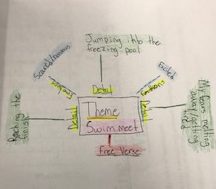
Poetry is really fun to write and certainly interesting to read. 6th grade language arts teacher, Mrs. Dragonas thinks poetry is important to learn because, “I think it is important to expose students and let them write their own poetry. They have such great ideas that should be shared with others! Also, they need to gain an understanding of what poetry is truly about. I want them to gain the deeper meaning”.
